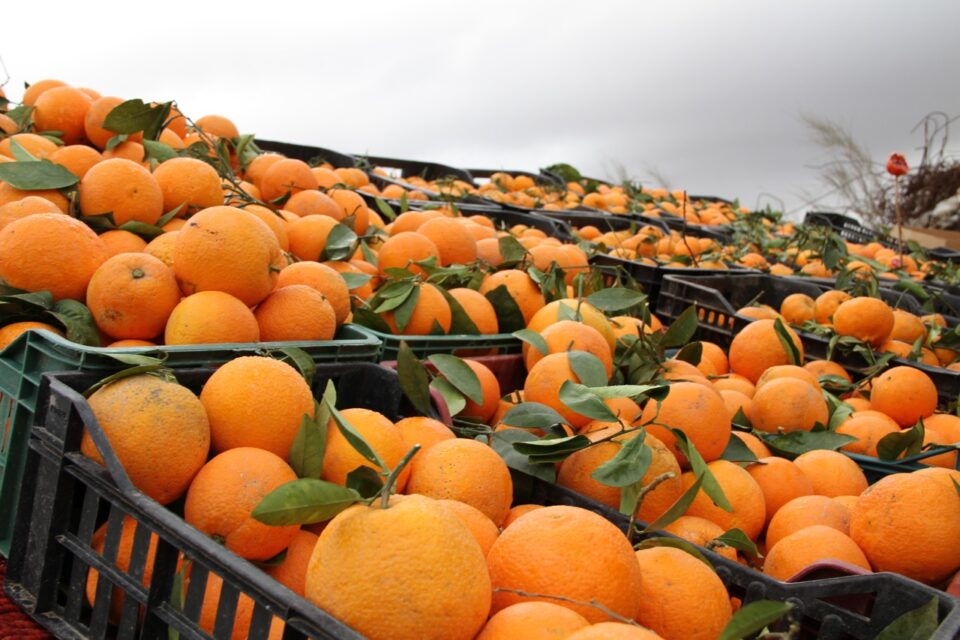According to EastFruit analysts, Egypt’s success in exporting oranges to the European Union this season has a very unpleasant downside for the country – extremely low prices on the domestic market.
What are the reasons for this situation and what can be done about it?
The main reason for the sharp drop in prices on the domestic market is the sharp devaluation of the local currency, which EastFruit experts previously warned against. This, on the one hand, made Egyptian oranges more competitive in the foreign markets, but, on the other hand, made prices expressed in US dollars incredibly low for citrus growers.
The second reason is the Houthi terror in the Red Sea, which actually cut Egypt off from the most profitable Asian markets and forced it to sell oranges mainly to the European Union countries. However, the EU market for consumption is practically not growing. Therefore, for Egypt to sell more, serious price concessions had to be made, which significantly reduced exporters’ margins and forced them to put even more pressure on farmers.
In this situation, Egypt’s small growers of oranges, who were unable to export their fruits directly, were affected most significantly. The companies that had their own large orchards and exported produce directly, as a result, received at least a small, but still a profit. Currently, according to participants in the Egyptian horticultural market, oranges can be purchased from farmers at an incredibly low price of around 15 US cents per kg!
Obviously, in this situation, Egypt urgently needs to look for alternative markets. Partly this problem is helped by the FAO/EBRD project, which will conduct the first trade mission for exporters from Egypt and Morocco to Uzbekistan on May 22, 2024.
“The fruit market in Central Asia is developing very quickly, especially the markets of Uzbekistan and Kazakhstan. Previously Uzbekistan applied very high import duties on citrus fruits, even on oranges and tangerines, which are not grown on commercial scale in the country. However, recently the country has lowered this import duty a zero, which made it possible to increase interest in orange consumption among the country’s consumers, and orange imports increased sharply. Given the high level of sensitivity of Uzbekistan’s consumers to price levels, Egypt is already the leading supplier of oranges to this market, and volumes are growing rapidly,” says Andriy Yarmak, economist at the Investment Centre of the Food and Agriculture Organization of the United Nations (FAO).
“On the other hand, Kazakhstan can become an excellent market for the premium segment of fruits, because the income level of the population in this country is very high. In addition, the premium fruit segment is growing rapidly in Uzbekistan itself,” adds the FAO expert.
It should be noted that before the trade mission, the international team of FAO and the EBRD did a large amount of preparatory work. In particular, an extensive study of potential niches for exports of fruits, berries and vegetables from Egypt and Morocco to Uzbekistan and Kazakhstan was completed. The results of this study will be presented during the online training “How to export fruits and vegetables from Morocco and Egypt to Central Asia” on April 23, 2024. Participants in the training will also receive the study itself.
The program of the training can be found here. The registration form for participation in the training is located at this link. Please note that the training will be held in English and will be aimed at companies from Morocco and Egypt, but it is open to everyone.
At the moment, more than 10 large exporters from Egypt and Morocco, as well as supermarket chains and large importers from Uzbekistan, have already confirmed their participation in the trade mission. Information on negotiations with suppliers from Egypt and Morocco, and links to registration forms, can be found here.
The use of the site materials is free if there is a direct and open for search engines hyperlink to a specific publication of the East-Fruit.com website.




